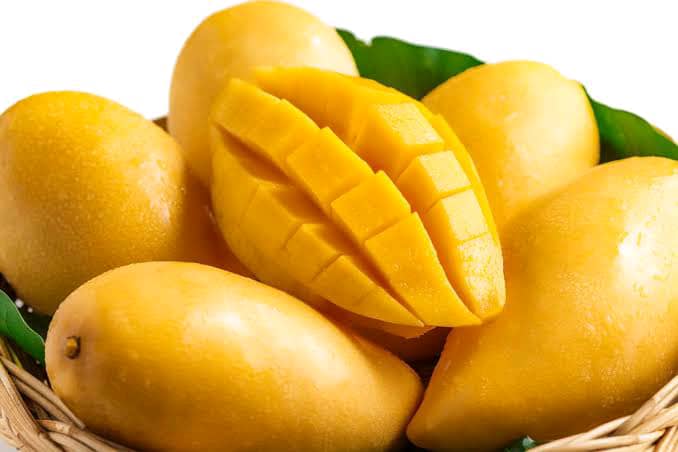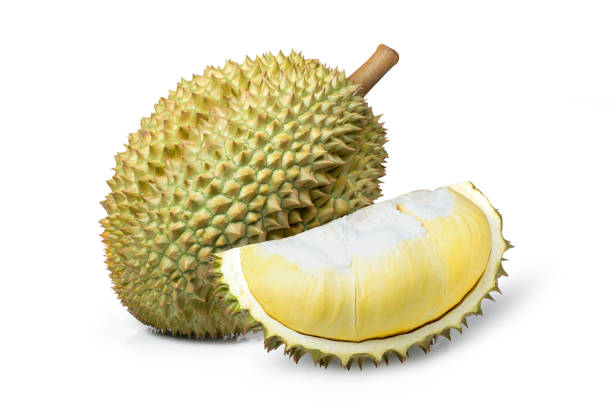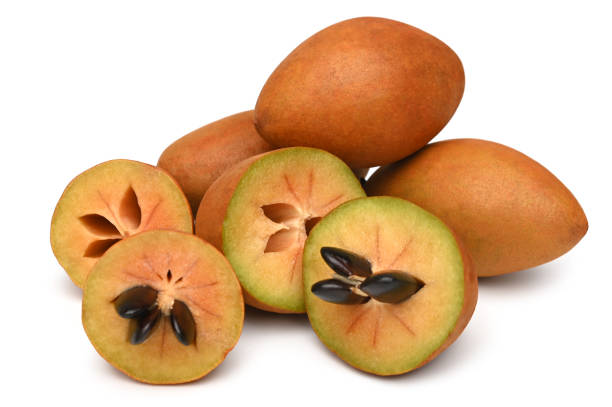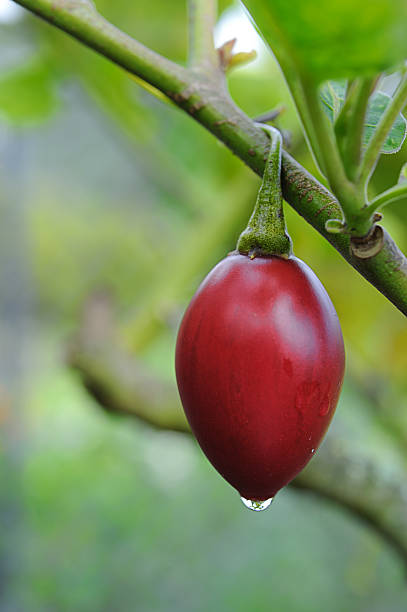The mango, crowned as the “king of fruits,” not only delights the palate with its sweet, succulent flesh but also emerges as a nutritional treasure trove. Originating in South Asia, this tropical gem has spread its influence globally, captivating taste buds and contributing to a wealth of health benefits.
At the heart of the mango’s nutritional prowess is its rich content of vitamins, with vitamin C taking the lead. A single cup of mango provides over 60% of the daily recommended intake of vitamin C. This antioxidant powerhouse plays a pivotal role in immune system support, collagen synthesis for skin health, and the neutralization of free radicals. With every juicy bite, mango enthusiasts indulge not just in sweetness but also in a boost to their overall immune defenses.
Mangoes are a rich source of vitamin A, primarily in the form of beta-carotene. This essential nutrient promotes eye health, supports the immune system, and contributes to skin health. The vibrant orange hue of mangoes is a visual testament to their beta-carotene content, inviting us to savor not just the flavor but also the nutritional brilliance of this tropical delight.

Dietary fiber is another standout feature of mangoes. A cup of diced mango provides approximately 3 grams of fiber, aiding in digestive health. Fiber contributes to regular bowel movements, helps prevent constipation, and promotes a feeling of fullness, making mangoes a satiating and digestive-friendly addition to one’s diet.
Potassium, a vital mineral for heart health, is present in mangoes. This electrolyte helps regulate blood pressure, supports muscle and nerve function, and contributes to overall cardiovascular well-being. Including mangoes in the diet is a flavorful way to enhance potassium intake and promote heart health.
The polyphenolic compounds found in mangoes, including quercetin, isoquercitrin, and astragalin, contribute to their antioxidant properties. These compounds have been associated with anti-inflammatory and anti-cancer effects, adding an extra layer of health benefits to the mango’s nutritional profile.

While mangoes are naturally sweet, they come with a relatively low calorie count. This makes them a satisfying and guilt-free treat for those mindful of their caloric intake. The natural sugars in mangoes, including fructose and glucose, are accompanied by fiber, offering a balanced and healthful alternative to processed sugary snacks.
In conclusion, the mango, with its golden hue and luscious taste, transcends its role as a tropical delicacy to emerge as a nutritional powerhouse. From immune-boosting vitamin C to digestive-friendly fiber and heart-protective potassium, the mango invites us to savor not just a fruit but a symphony of nutrients that contribute to our overall well-being. As we indulge in the sweetness of this tropical delight, we are also embracing a natural gift from nature that nourishes both body and soul.



